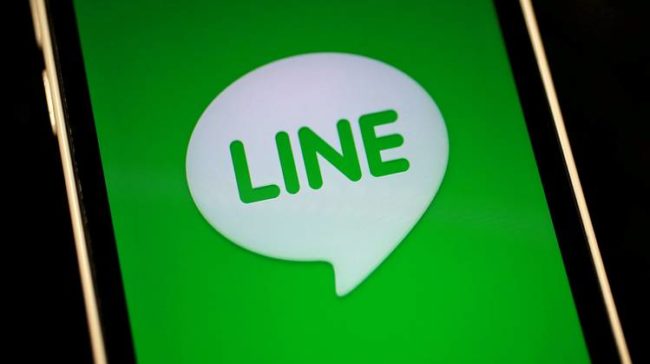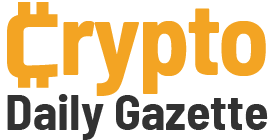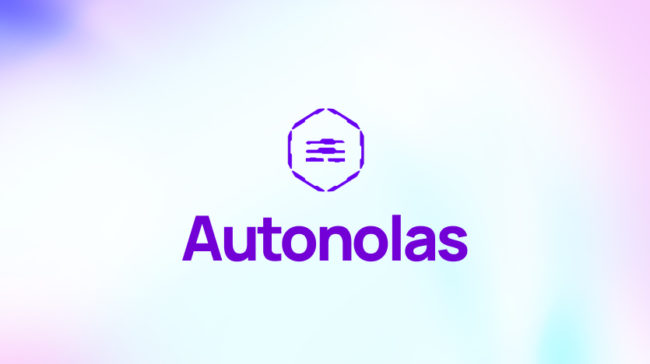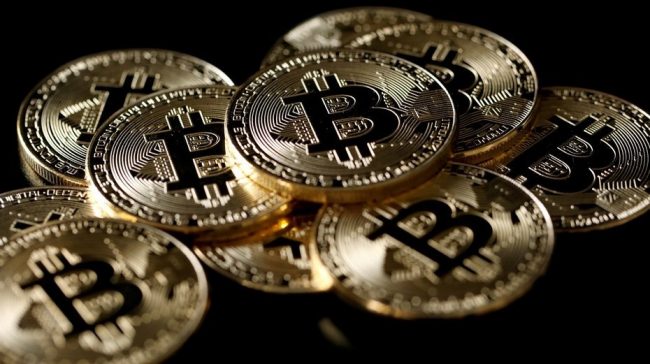
A couple of days ago, LINE, the leading messaging app in Japan, announced the creation of 5 decentralized applications (DApps). These DApps are part of the company’s project to create a new Japan-focused digital token. Through a press release, the Japanese messaging service announced that 2 of the DApps are already available and the rest will be launched in the coming months.
The first of the DApps created by the company is Wizball, an application in which users will receive money for answering questions. Similarly, Pasha and TAPAS will reward users for posting product and food reviews, respectively. 4CAST, on the other hand, will create a predictive marketplace. Finally, with STEP, users will be able to share their vacations and recreational outings.
Wizball and 4CAST are already available in Beta version.
The DApps were written on the LINE blockchain, called LINK Chain. This blockchain is already in its MainNet version, and it was released in August, along with the LINK token. By 2019, LINE plans to offer a development kit, with which third parties can join the LINK ecosystem.
Japan’s leading messaging platform announced the development of 5 DApps based on its LINK Chain blockchain
“LINE’s new digital token uses the blockchain developed by LINE, LINK Chain. It is planned to build a LINK Ecosystem to smooth the structure of relationships between users and service providers. It will also promote co-creation and mutual growth,” said LINE.
Similarly, the company plans to offer “convenient” services, so it will only develop DApps that bring value to the users. In this regard, the company hopes to “close the gap between the real world and the crypto universe.”
The company also revealed that starting with October the LINK token will be available for exchanges outside Japan. That will be possible thanks to the BITBOX crypto exchange platform, opened by LINE in June and which operates with more than 30 cryptos.
The company, along with LINK Chain’s white paper, also released its roadmap where it says that ten new DApps will be developed during Q1 2019.




